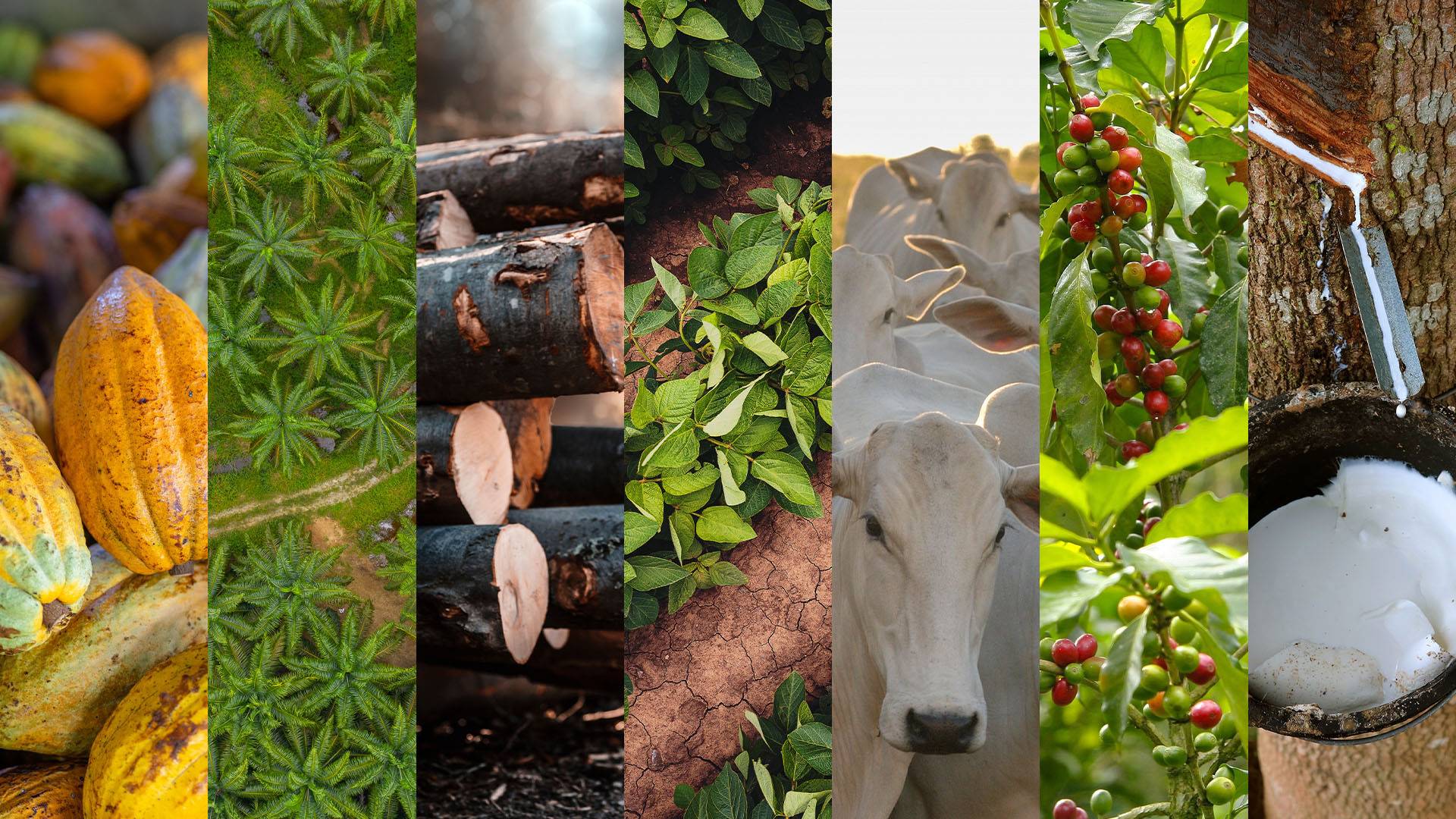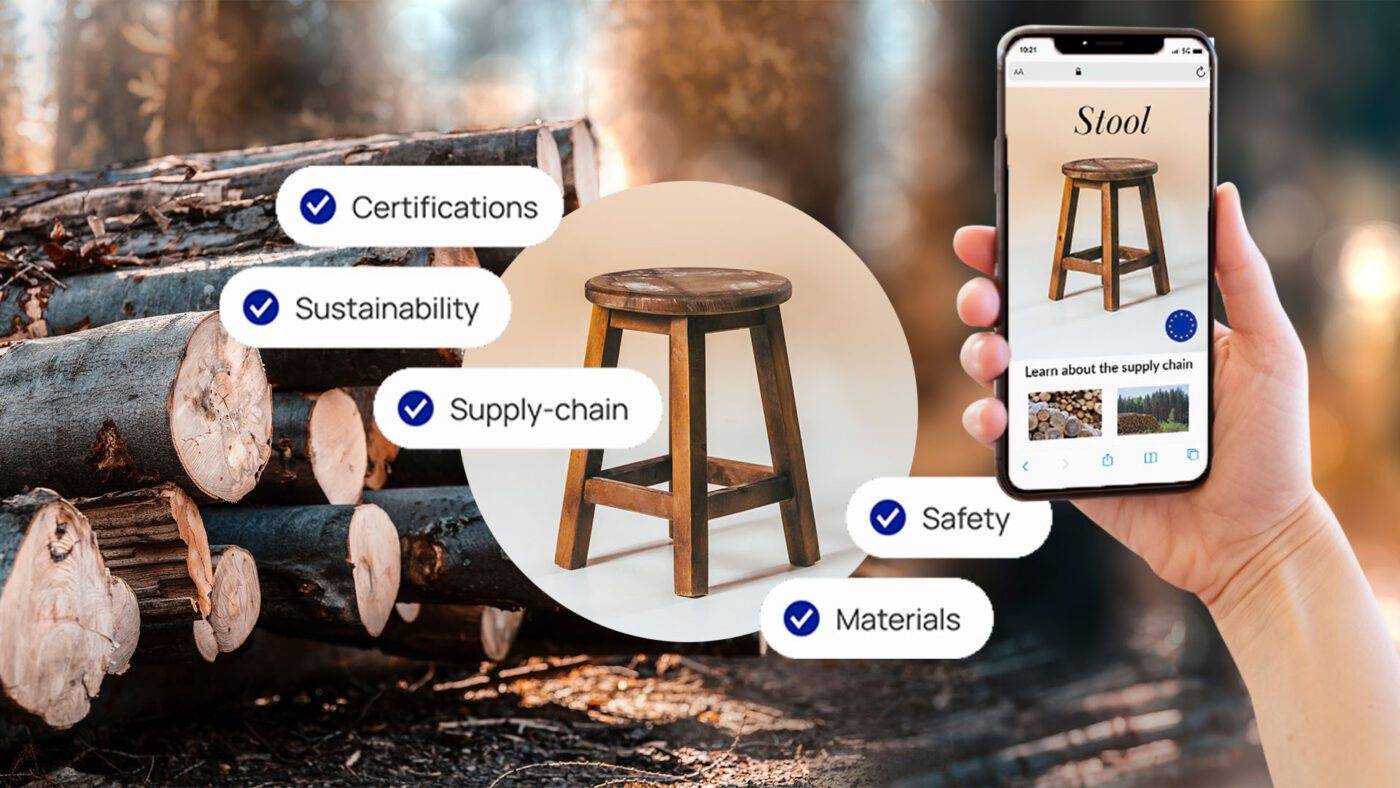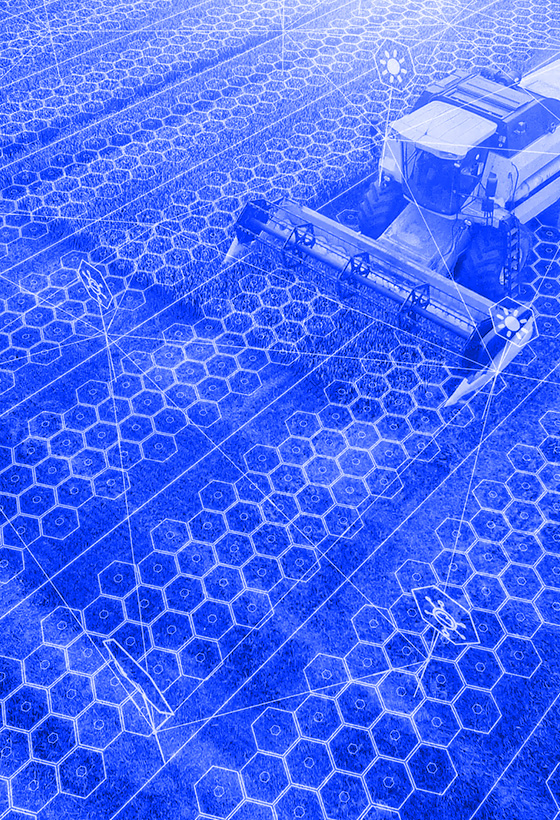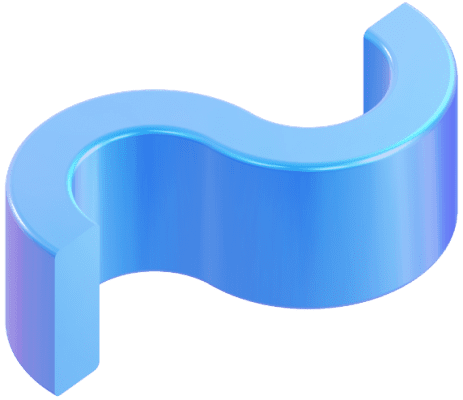Ranging from legal support to the Digital Product Passport
Reading time: 4 minutes
At the end of 2025, the EUDR Regulation against deforestation and forest degradation will be implemented.. Read the article to find out the implications for your company and how to leverage data and new certifications through the Digital Product Passport.
Table of Contents
The goals of the EUDR Regulation
Deforestation is one of the most pressing environmental issues of our time. It not only contributes to climate change but also leads to biodiversity loss and negatively impacts local communities.
In response, the European Commission has introduced the EUDR Regulation. The goal is to ensure that products circulating within the European Union, whether manufactured or imported, do not contribute to deforestation or forest degradation.
Product categories
The EUDR regulation covers seven products and some of their derivatives: cocoa, palm oil, wood, soy, cattle, coffee, and rubber.

Timelines and deadlines of the EUDR Regulation
Large companies with over 50 million in revenue or more than 250 employees must comply with the EUDR Regulation starting at the end of 2025 to place products on the European market.
In contrast, small and medium-sized enterprises will have until June 30, 2026, to meet the requirements set by the European Commission.
The implementation of this regulation will repeal the Timber Regulation (EUTR), which currently governs wood and its derivatives in the European Union. Additionally, the EUTR Regulation will remain the reference for three more years for products manufactured before the EUDR Regulation.
What does the EUDR regulation entail?
To place products on the market or export them, the regulation requires companies to demonstrate that products intended for export or sale in Europe meet three criteria:
- Zero deforestation: products must not come from land deforested after December 31, 2020. The Commission will classify countries or areas into three risk categories.
- Legal compliance: products must adhere to the laws of the country of origin.
- Due diligence: companies must perform due diligence at least once a year by gathering necessary information, assessing risk, and implementing measures to mitigate it.
This is why Europe emphasizes traceability, which involves collecting information about the product or the raw materials used to produce it, such as geolocation, quantity, and country of production.
Ranging from legal support to the Digital Product Passport
Through our software platform, our team of legal experts and our certifying partners, we support you in the regulatory aspect to comply with the Regulations on time.
You can gather and leverage information and certifications for the EUDR Regulation in the Digital Product Passport with AI, then share them with supply chain actors and end consumers.. Simply scan a QR Code or use an NFC tag to access the supply chain traceability and blockchain-registered information, enhancing the value of your product. This way, the product becomes a new communication hub, certifying sustainability paths and unlocking new marketing and promotion strategies.

Discover the Digital Product Passport for Agrifood and Design, developed through our expertise and experience, built on tracking over 200 million products and creating more than 150 success stories.







